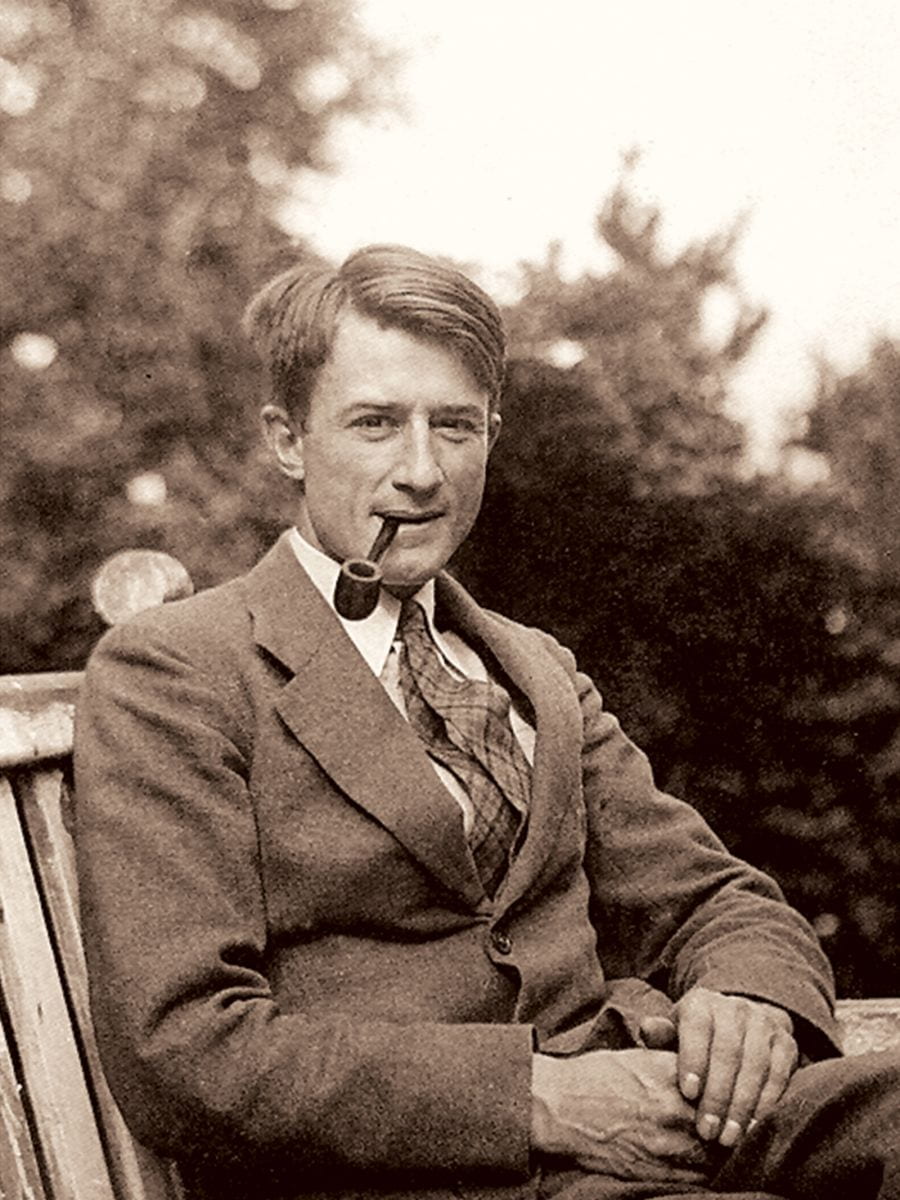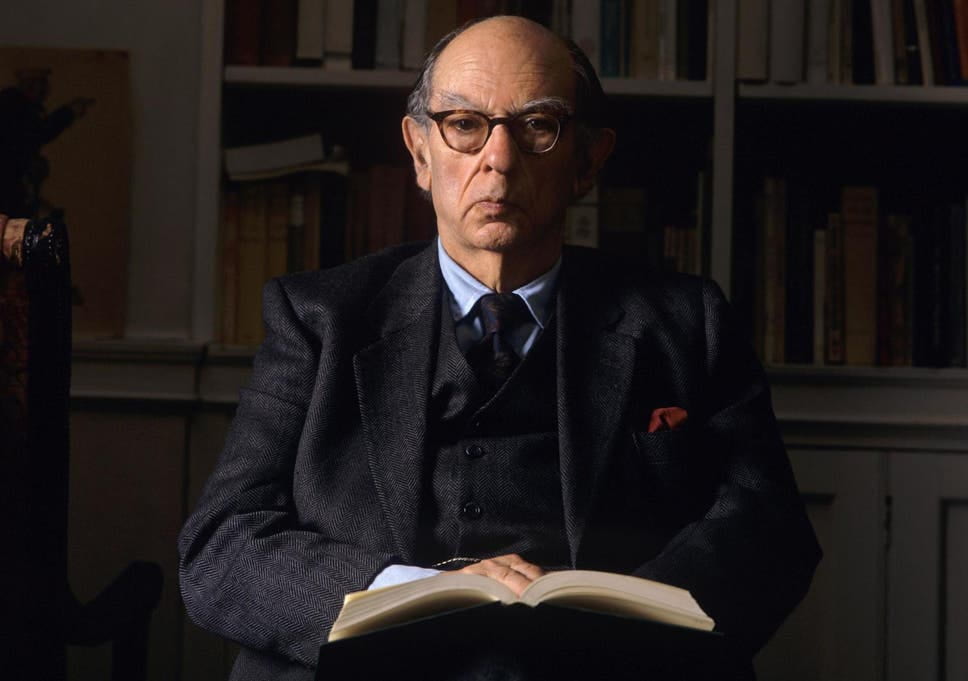
Michael Oakeshott and Sir Isaiah Berlin represent two eerily similar bookends of 20th century English political thought, similar in more ways than others. They both wrote extensively and enjoyed more fame and renown across the Atlantic from their place of residence in the British Isles. Their massive volumes — Oakeshott’s Rationalism in Politics and Other Essays and Berlin’s The Proper Study of Mankind — were both originally published on the hallowed grounds of London’s Strand publishing district, and are both what Italo Calvino would call classics: books that people re-read, not read. Oakeshott and Berlin just happen to be members of an exclusive club of great thinkers that are also remarkable wielders of the pen, working their exquisite magic on the contents of the Oxford Dictionary of English to produce perhaps the most enchanting journey through the history of political thought, experience, and organisation.

To read Berlin and Oakeshott is to meander through the history of politics and philosophy. The former is the foremost liberal theorist of recent memory, writing to defend the last bastion of classical liberalism defined by freedom from the arbitrary power of others and in furtherance of a multicultural, diverse society. Oakeeshott, more Hobbesian in his roots, tests the limits of rational decision-making and action, and levels a devastating critique against irrational rationalism. He does not care much for laissez faire, laissez passer economic practice, but rather finds salience in his dispositional conservatism. Both, however, require a thick companion of canonical political thought, raising questions and answering others, and push the reader to introspect on what government truly is and what it should do. Reading them alternatively is akin to imagining the Chomsky-Foucault debate, but only with two shining examples of English gentlemen-scholars at their level best.
Their words and debates reach added significance in this global “state of emergency.” From Bombay to Budapest to Boston, “normal” is no longer the epithet of choice to describe life and the pandemonium the pandemic has caused. Governments are carving exceptions and imposing draconian restrictions in what they term to be the public interest, in a desperate and somewhat futile attempt to solve the unsolvable. Benjamin Franklin once remarked that “those who would give up essential Liberty, to purchase a little temporary Safety, deserve neither Liberty nor Safety.” I wonder what Oakeshott and Berlin would make of our situation, where neither liberty nor safety seem to be on the cards. We are equally vulnerable to a virus that is a fraction of the width of a single strand of hair. The silent killer looms in the air, out of sight but never really out of mind.
It is at times like these that the importance of political thought comes to mind. Regardless of one’s political disposition and afflictions, politics today has been irrevocably reduced to a series of soundbites, devoid of depth and thoughtfulness. Matters of convenience override an obligation to the higher ideals we live for, and in the face of radical change, we surrender, instead of chanting ‘Keep Calm and Carry On!’ Reading Berlin and Oakeshott is not to go back to an imagined past but to replace the vapid and somewhat depressing news with the culmination of a long, storied history of Western political thought. To read Oakeshott and Berlin is to acknowledge and interact with those grand theories that have formed us, whether it is Oakeshott’s theory of civic association, or Berlin’s theory of the Hedgehog and the Fox. They do not address the lingering sickness in the air, but the sickness inside of us, especially the intellectual decadence we are now wallowing in, without regard for how we got where we find ourselves at the present moment.
Oakeshott and Berlin, then, do not epitomise the “quick, breezy read” that is all the fashion today. Reading both of them requires a paper, a pen, and a curious mind, ready to evolve from the world of the flesh to the world of forms and ideas. Especially when conversation around us devolves into idle and unprofitable speculation about the coronavirus or the impending Anthropocene, depending on one’s choice of company, there is much to learn from idealistic speculation, particularly of the kind one sees here. Berlin, for example, gets his theory of the hedgehog and the fox from Tolstoy’s War & Peace, while Oakeshott interrogates the Thomas Hobbes that continues to live in his brain, almost three centuries after the original Hobbes wrote his defence of Charles II in his Leviathan.